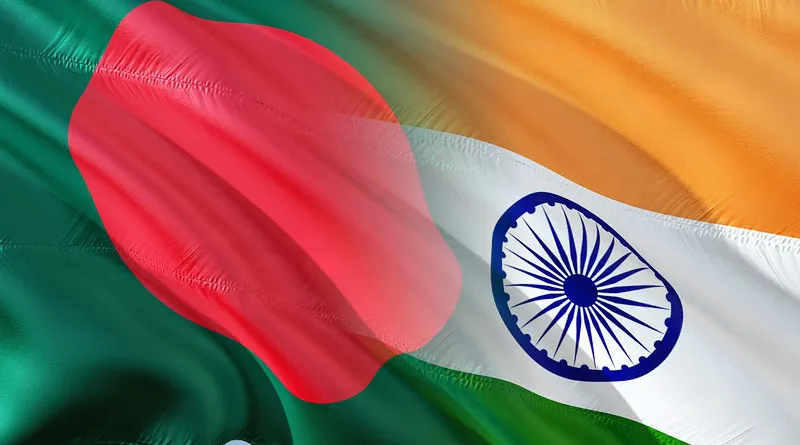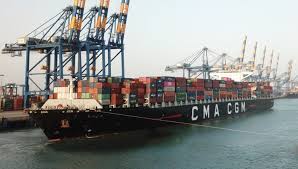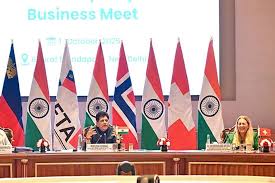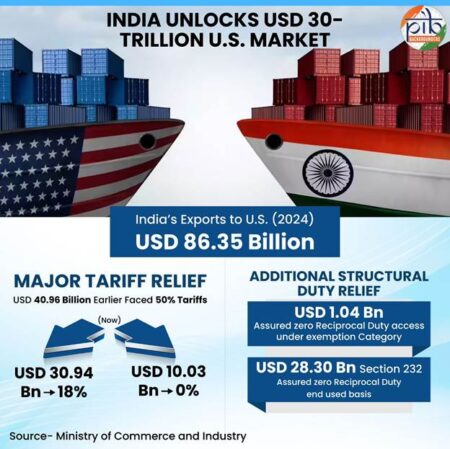Political turmoil in Bangladesh affects India’s cotton exports but opens new prospects for its textile industry.

The ongoing political and economic instability in Bangladesh, marked by severe foreign exchange shortages, the resignation of Prime Minister Sheikh Hasina, and violent protests, is beginning to impact India’s economy. One of the most immediate effects is a decline in India’s cotton exports to Bangladesh, which have dropped from $12.21 billion in 2022-23 to $11 billion in 2023-24. This reduction is attributed to delays in payments and a diminished capacity for imports within Bangladesh.
Despite these challenges, the broader impact on bilateral trade has been somewhat contained, with India continuing to export a variety of goods to Bangladesh while importing items such as jute and fish. However, the crisis also presents new opportunities for Indian industries. The textile sector, particularly in regions like Tiruppur, may benefit from redirected orders, potentially adding an estimated $300-400 million in monthly business.
To navigate these challenges and continue progress toward long-term economic goals, such as achieving a $1 trillion merchandise export target by 2030, India will need to adopt proactive measures and strengthen regional cooperation. These strategies will be vital in mitigating the adverse effects of the Bangladesh crisis on India’s economy.










